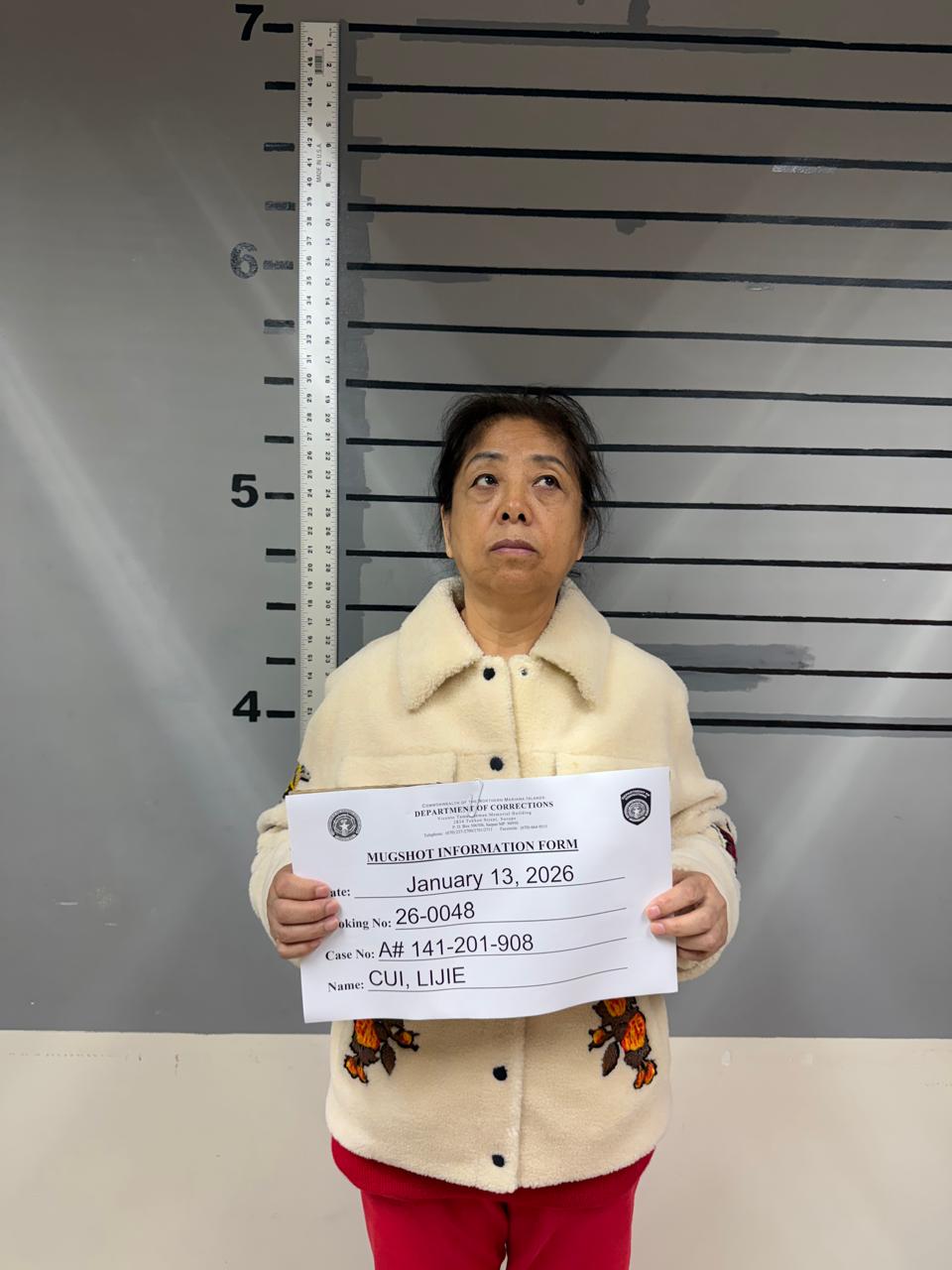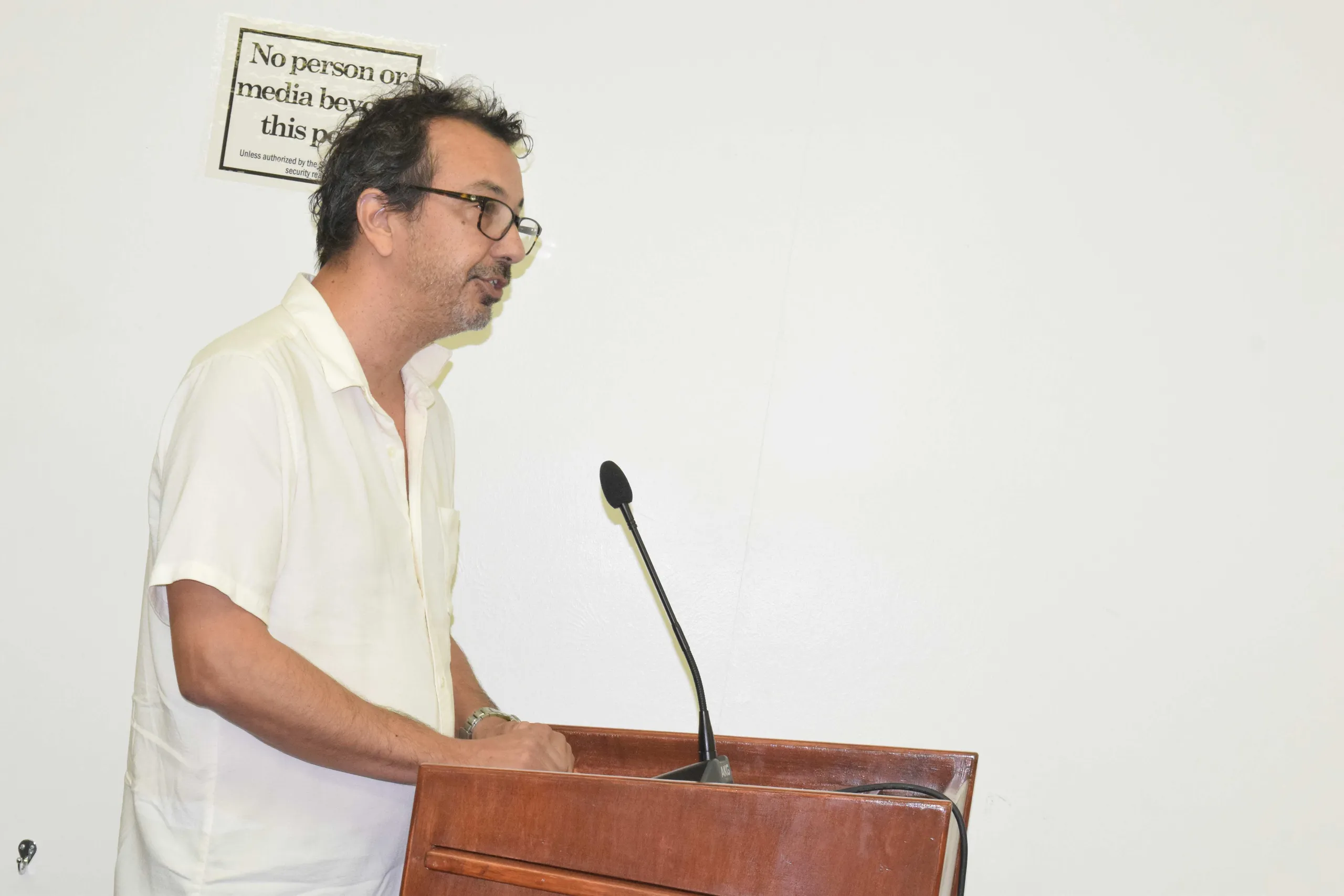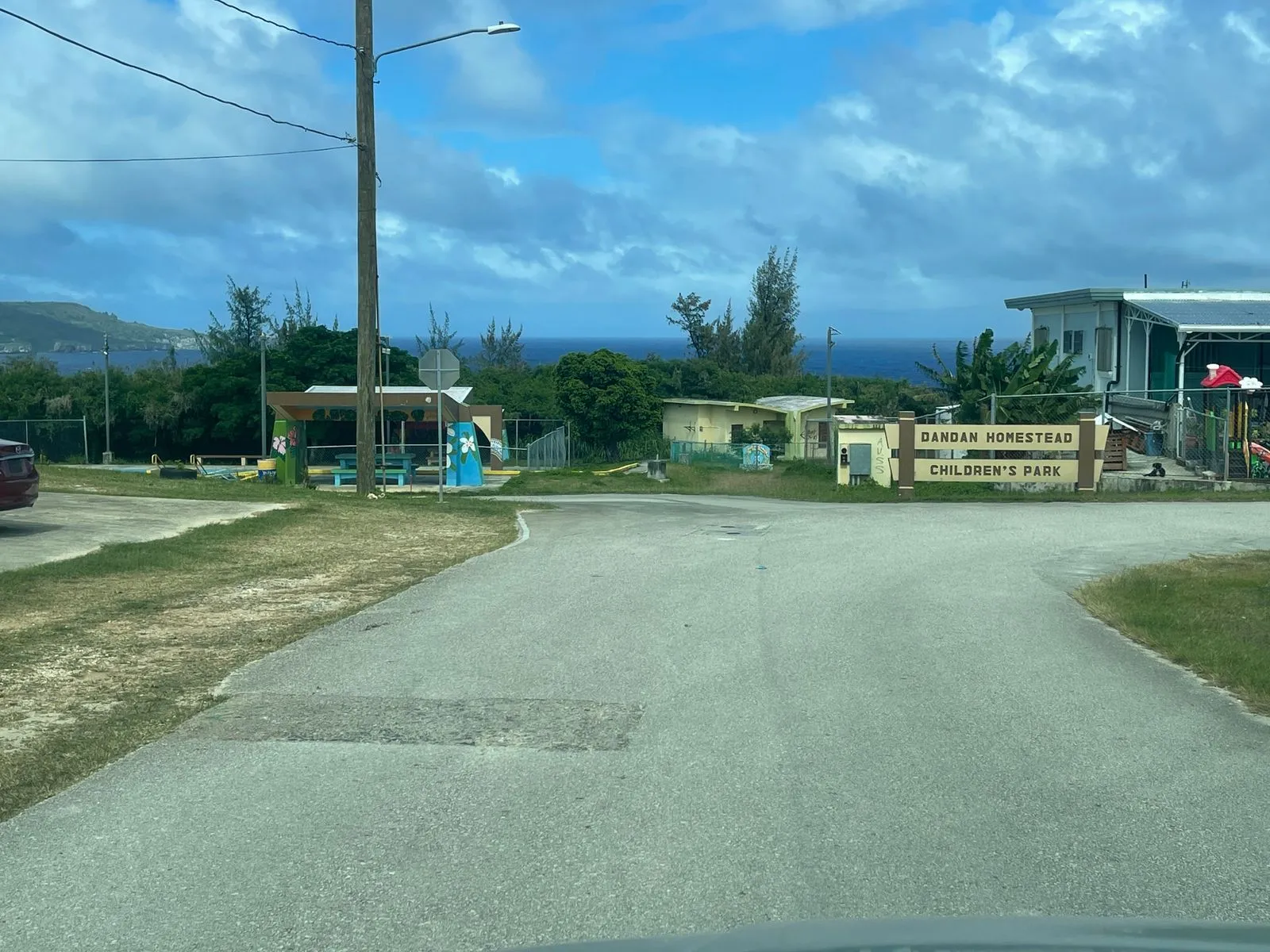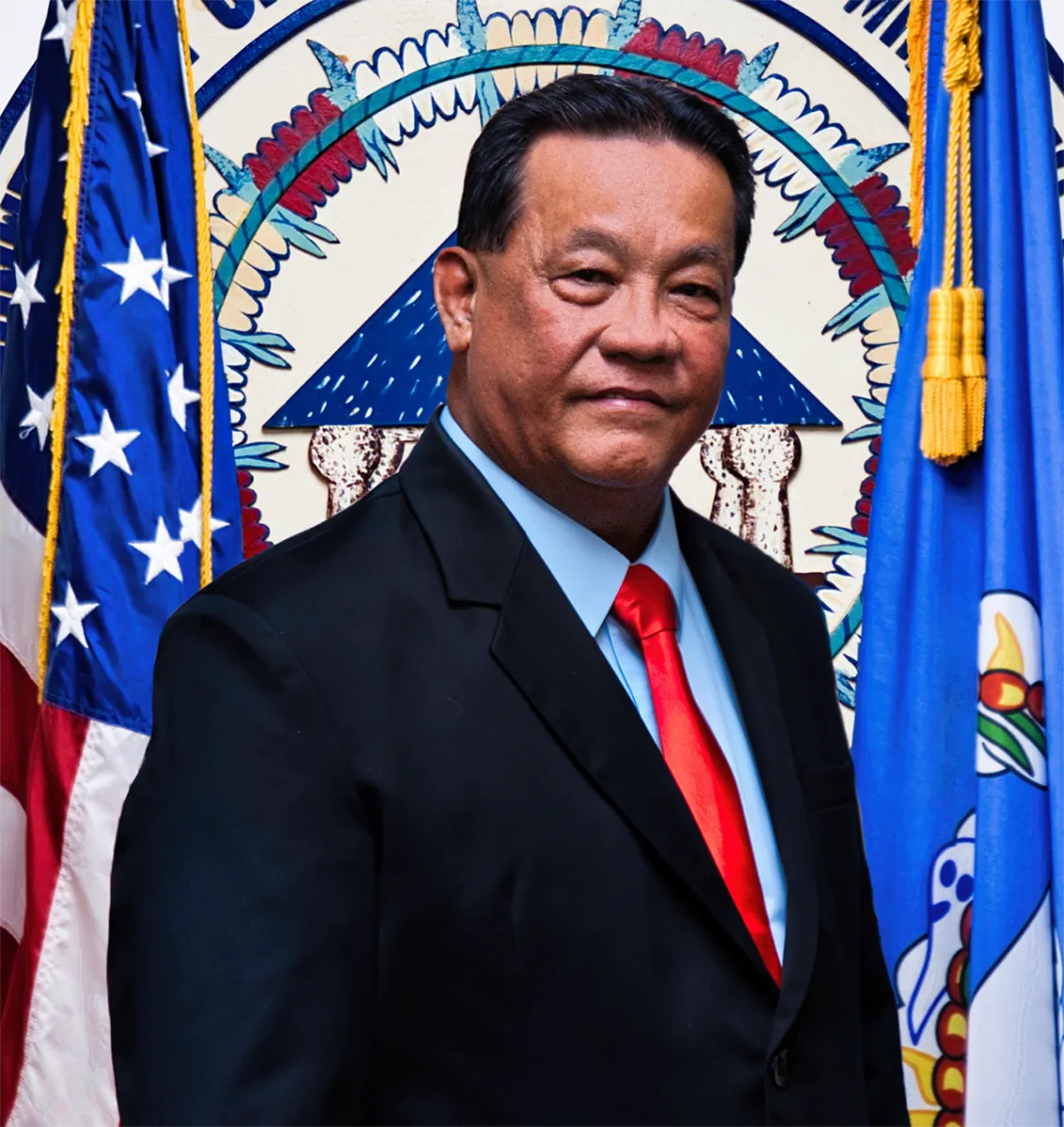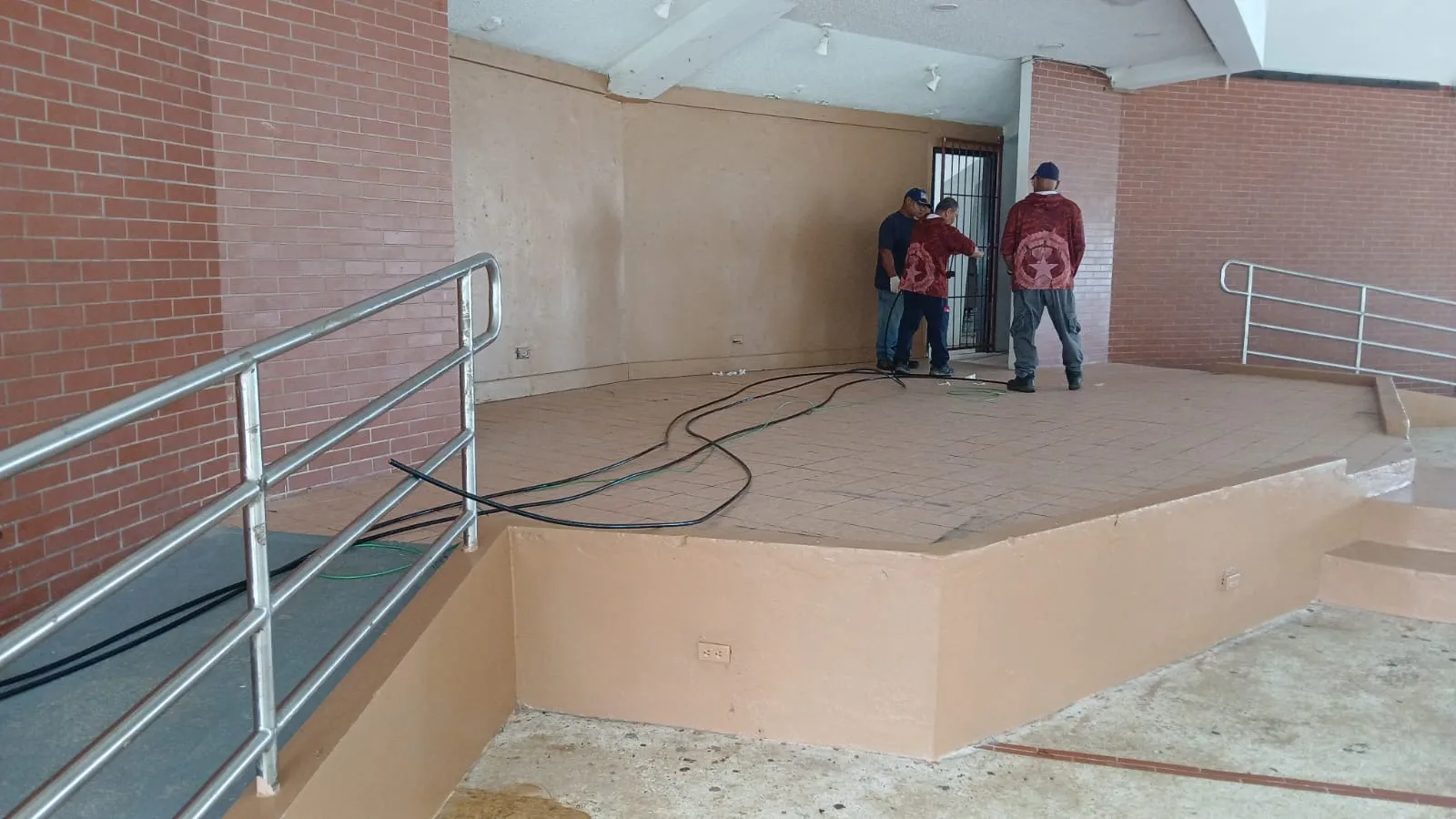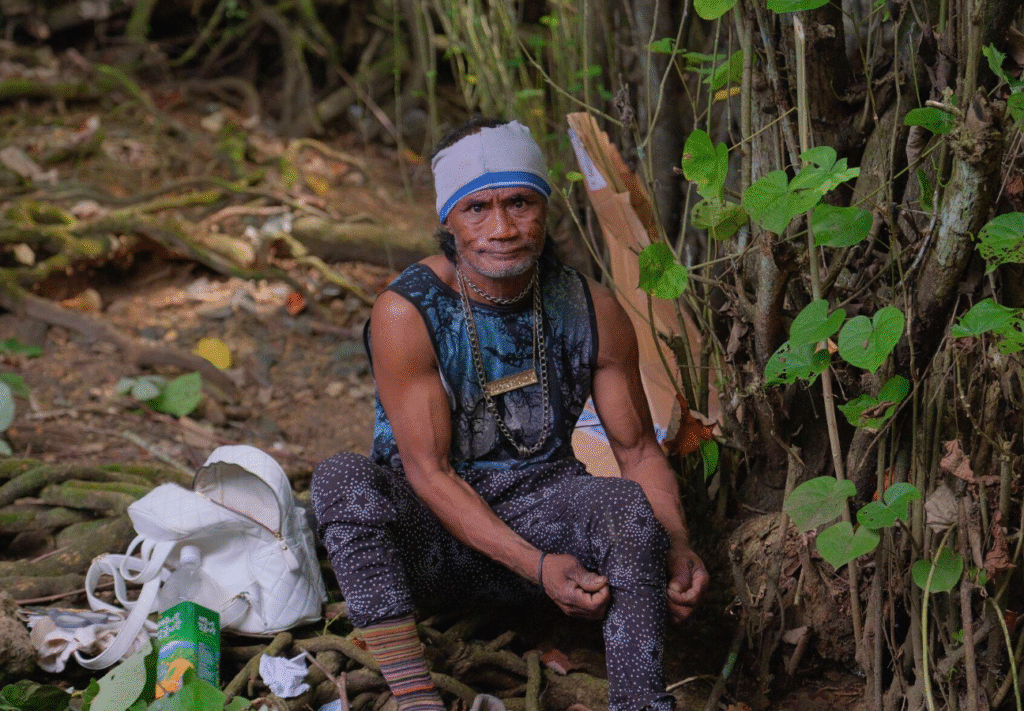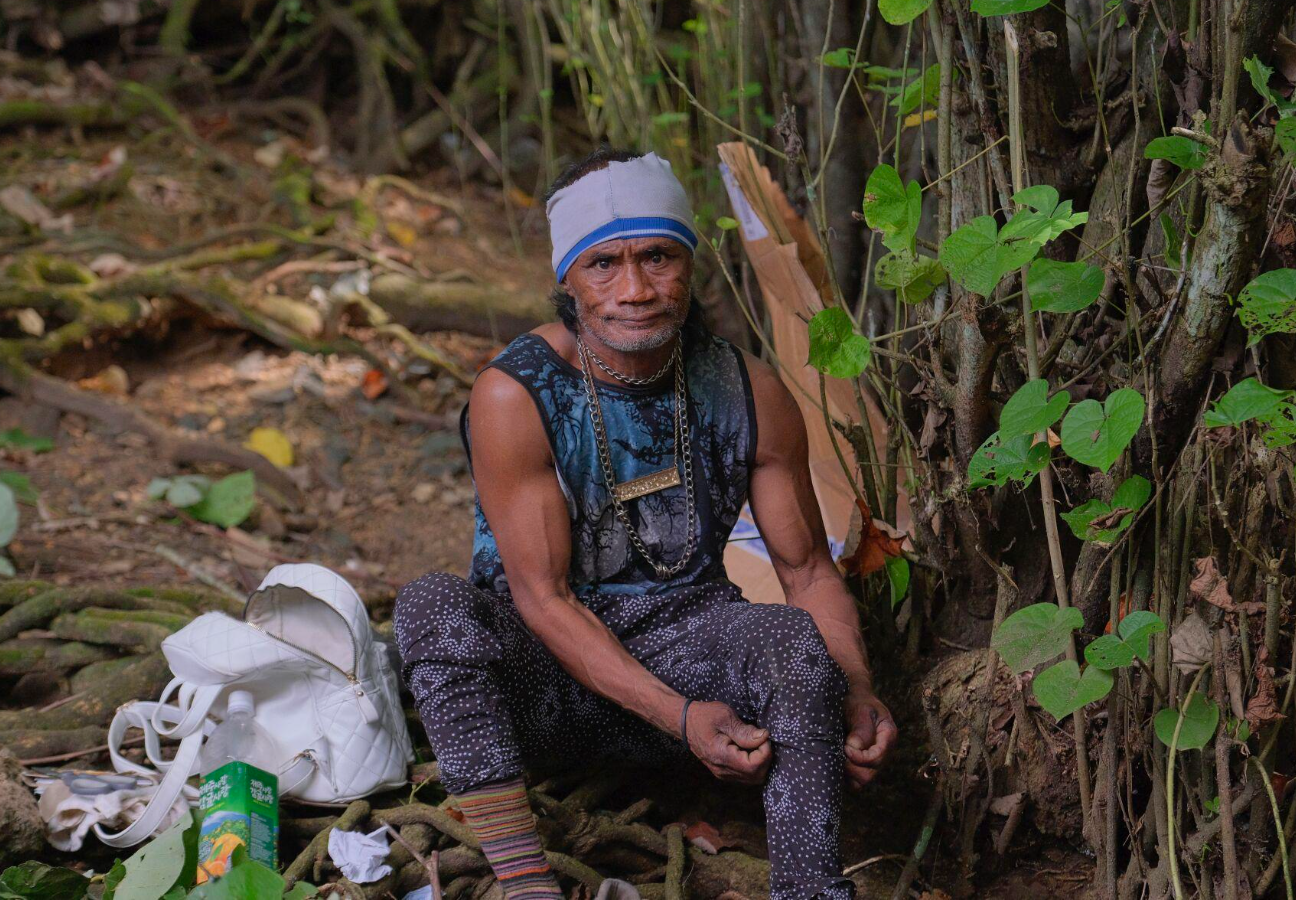
Henry Deruo, an individual experiencing homelessness, is photographed near a Hagåtña bridge on Thursday, Jan. 2, 2025.
HAGÅTÑA (The Guam Daily Post) — Sen. Jesse Lujan, chair of the legislative committee overseeing tourism, said it is unfortunate that concerns were raised about homeless individuals being sent to Guam from Hawaii, but added that it is vital to rely on verifiable data before drawing conclusions about how individuals experiencing homelessness arrive on Guam.
“To my knowledge, there has been no direct communication with Hawaii officials on this matter, nor any formal investigation into claims of one-way tickets being issued to individuals bound for Guam,” Lujan said.
The senator also urged the Guam Visitors Bureau to take the lead in learning how homeless individuals are arriving on Guam.
GVB Board Chair George Chiu, during a board meeting Friday, brought up the claim that homeless individuals were sent to Guam on one-way tickets from Hawaii, as directors discussed how to address homelessness on the island.
“For a while there, Hawaii was really smart. They bought them a one-way ticket, put them on a plane and sent them to Guam,” Chiu said.
“Once they get over here, they can’t get back. That’s how our homeless population grew. I mean, it’s pretty sad, but that’s a fact,” he added.
The Office of Homelessness Assistance and Poverty Prevention could not confirm that information, however, with OHAPP Director Rob San Agustin stating that it was a long-rumored assertion, but just hearsay, to his knowledge. Guam Del. James Moylan also could not substantiate the claim, but said he would be open to discussing the issue and that his office could make inquiries with Hawaii officials, but that it is a sensitive issue requiring a careful approach.
Lujan told The Guam Daily Post that if such practices are occurring, it “would not reflect the Aloha Spirit that Hawaii often promotes.”
“This term, I will urge the Guam Visitors Bureau to take the lead in surveying and understanding how individuals experiencing homelessness are arriving on our island. Having this information will help us address the root causes and guide any necessary discussions with Hawaii or other jurisdictions,” Lujan added.
In June 2023, Hawaii enacted a law that required the state’s Department of Human Services to establish a three-year return-to-home pilot program, which would provide eligible homeless individuals with assistance to reunite them with family and relatives in their home state. The pilot program will sunset on Jan. 1, 2026.
Lujan said exploring similar initiatives could be beneficial for Guam, provided that they are implemented “in a way that prioritizes human dignity.”
“Programs like these must be designed to genuinely help individuals reconnect with family or support networks in their place of origin, not simply relocate them without proper resources or planning,” Lujan said.
“Ultimately, addressing homelessness requires a multifaceted approach, including mental health services, affordable housing initiatives, and employment opportunities. If any state or territory has contributed to Guam’s challenges, we should engage in dialogue to seek solutions, but our focus must remain on helping those in need find stability and hope here at home,” the senator added.


